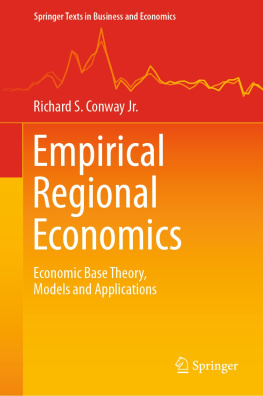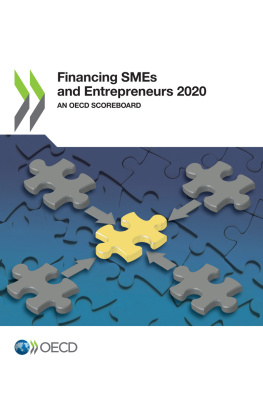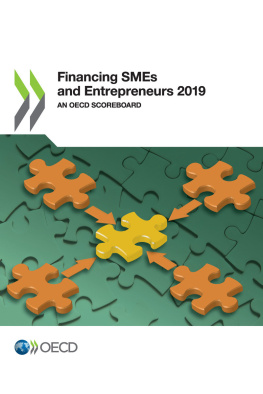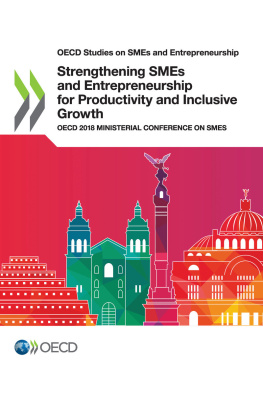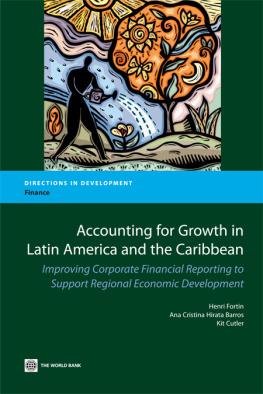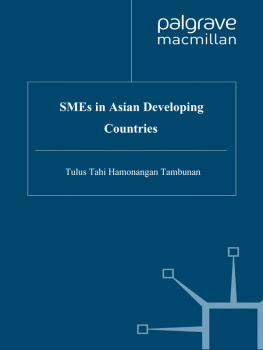First published 2003 by Ashgate Publishing
Reissued 2018 by Routledge
2 Park Square, Milton Park, Abingdon, Oxon OX14 4RN
711 Third Avenue, New York, NY 10017, USA
Routledge is an imprint of the Taylor & Francis Group, an informa business
Copyright Bernard Fingleton, Ayda Eraydin and Raffaele Paci 2003
Bernard Fingleton, Ayda Eraydin and Raffaele Paci have asserted their right under the Copyright, Designs and Patents Act, 1988, to be identified as editors of this work.
All rights reserved. No part of this book may be reprinted or reproduced or utilised in any form or by any electronic, mechanical, or other means, now known or hereafter invented, including photocopying and recording, or in any information storage or retrieval system, without permission in writing from the publishers.
Notice:
Product or corporate names may be trademarks or registered trademarks, and are used only for identification and explanation without intent to infringe.
Publishers Note
The publisher has gone to great lengths to ensure the quality of this reprint but points out that some imperfections in the original copies may be apparent.
Disclaimer
The publisher has made every effort to trace copyright holders and welcomes correspondence from those they have been unable to contact.
A Library of Congress record exists under LC control number: 2003041917
ISBN 13: 978-1-138-71452-6 (hbk)
ISBN 13: 978-1-315-19786-9 (ebk)
Martin Andersson , PhD Candidate in Economics, Jnkping International Business School, Jnkping University, Sweden.
Jrat Banyt , Associate Professor, Marketing Department of Economics and Management Faculty, Kaunas University of Technology, Kaunas, Lithuania.
Vaclav Beran , Associate Professor, Department of Economics and Management, Technical University in Prague, Czech Republic.
Burak Beyhan, Research Assistant, Department of Urban and Regional Planning, Middle East Technical University, Ankara, Turkey.
Milan Buek, Professor, Department of Regional Development and Geography, University of Economics in Bratislava, Slovak Republic.
Drago engi , Principal Reseacher, Institute for Social Research Ivo Pilar, Zagreb University, Zagreb, Croatia.
Ayda Eraydin , Professor, Department of Urban and Regional Planning, Middle East Technical University, Ankara, Turkey.
Bernard Fingleton, Chairman of the Centre for Urban and Regional Studies, Cambridge University, Cambridge, United Kingdom.
Jana Frkov , Senior Lecturer, Department of Economics and Management, Technical University in Prague, Czech Republic.
Jana Gaparkov , Senior Researcher, Institute for Forecasting, Slovak Academy of Sciences, Bratislava, Slovak Republic.
Chris Jensen-Butler, Professor and Departmental Chairman, Department of Economics, University of St Andrews, Scotland, UK.
Steinar Johansen , Project Manager, Ministry of Local Government and Regional Development, Oslo, Norway.
Charlie Karlsson, Professor, Economics of Technological Change, Jnkping International Business School, Jnkping University, Sweden.
Bilge Armatl Krolu, Research Assistant, Department of City and Regional Planning, Gazi University, Ankara, Turkey.
Vaida Kvainauskait , Lecturer, International Economics and Trade Department of Economics and Management Faculty, Kaunas University of Technology, Kaunas, Lithuania.
Enrique Lpez-Bazo , Lecturer in Applied Economics and Co-ordinator of the AQR research group at the University of Barcelona, Barcelona, Spain.
Bjarne Madsen , Director of Research in the Institute of Local Government Studies (AKF), Copenhagen, Denmark.
Edgar Morgenroth , Research Officer, Economic and Social Research Institute (ESRI), Dublin, Ireland.
Eoin O'Malley, Senior Research Officer at the Economic and Social Research Institute (ESRI), Dublin, Ireland.
Raffaele Paci, Professor of Applied Economics, University of Cagliari and Director of CRENoS (Centre for North South Economic Research), Italy.
Francesco Pigliaru, Professor of Economics, University of Cagliari, Cagliari, Italy.
Maurizio Pugno, Professor of Economics, University of Trento, Trento, Italy.
tefan Rehk , Junior Teaching and Research Associate, Department of Regional Development and Geography, University of Economics in Bratislava, Slovak Republic.
Asta Savaneviien , Associate Professor, Management Department of Economics and Management Faculty of Kaunas University of Technology, Kaunas, Lithuania.
Vytautas Snieka , Professor and Head of International Economics and Trade Department of Economics and Management Faculty, Kaunas University of Technology, Kaunas, Lithuania.
Regina Virvilait , Professor, Head of Marketing, Department of Economics and Management Faculty, Kaunas University of Technology, Kaunas, Lithuania.
Chapter 1
Introduction: SMEs and Regional Growth
Bernard Fingleton, Ayda Eraydin and Raffaele Paci
The purpose of this book is to explore, by combining interesting and relevant case studies, the different processes underlying regional economic growth and the contribution of SMEs to development. The contribution of SMEs is acknowledged to have underpinned regional policies in many countries in the last two decades, but there is only limited appraisal of the impact. In this book we examine economic development with SMEs in mind, since a key question for all the authors is what instruments can be used to best stimulate the development of lagging regions. What is important in this book is the relative economic growth of regions, the nature of the dynamics and the type of convergence, if any, that might in the long run occur, and what role SMEs might play in this process. The book is written by authors who, on the whole, would considered themselves to live, either physically, emotionally or culturally, on the margins of Europe, or as we like to call it within 'the wider Europe'. The wider Europe is a place where peripherality is a big issue; it is where an adverse location delivers relatively poor access to markets and suppliers, and where small size and remoteness from the corridors of power limit access to the agenda setting debate about the continent's governance. The problems posed by a relatively remote location and exclusion from the social and economic mainstream of the continent therefore loom large in the consciousness of the contributing authors, whether they come from Sardinia, Norway, Slovakia, Ireland or Turkey. This commonality of experience, of being on the outside and looking towards the centre, with relatively limited control over our economic prospects, is what provides a unity of purpose and perception which is a thread running through the book. In spite of our diversity in terms of theoretical stance, preferred methodological tools, or interpretation of the dominant forces controlling the economic landscape we inhabit, there is an underlying harmony among the contributors which elevates to a high status questions of policy and process related to the relative economic development of the regions, from which all else flows.




